Behind closed doors in a 19th-century Viennese palace, US and European negotiators have tried to scare Iran with facts and figures showing that without a swift nuclear deal it will plunge further into economic ruin. In conference rooms at the Palais Coburg, Western officials have repeatedly warned Iranian counterparts over the past six months that more economic pain is a risk for an Opec member whose oil exports have already shrunk to a fraction of what they could have been, diplomats and Iranian officials told Reuters.
Such tactics run parallel to the key incentive on offer to Iran - relief from sanctions. And diplomats say the United States, Britain, France, Germany, Russia and China are considering lifting sanctions rapidly - if Tehran accepts a deal to curb a nuclear programme that world powers suspect may have a weapons purpose despite Iran's steadfast denials. The combined carrot-and-stick approach has not yielded a deal, at least not yet. The talks are at an impasse over the permissible scope of Iran's enrichment of uranium and other issues. As a result, the negotiations will probably be extended beyond a July 20 deadline.
Iran, which is demanding an immediate end to sanctions, says it is determined to pursue what it insists is a civilian nuclear programme that will generate electricity. It is a stance the West insists makes no economic sense and is unlikely to bring any civilian benefit to a nation with big oil and gas reserves. Tehran says it needs to refine uranium for a future network of nuclear power stations. But diplomats and analysts say it would take many years for Iran to complete just one.
Its sole existing power plant, at Bushehr, took nearly 40 years to finish - by Russian contractors - at an $11 billion cost, the Carnegie Endowment for International Peace think-tank estimates, making it one of the world's most expensive reactors. Moreover, Carnegie estimates, Bushehr provides only 2 percent of Iran's electricity needs, while 15 percent of Iran's generated electricity is lost through obsolete and poorly maintained transmission lines.
US and European diplomats say it is financially illogical for Iran to pursue uranium enrichment if it only wants to fuel nuclear reactors and not produce nuclear weapons. This is an argument, Western diplomats say, that Russia has made forcefully behind closed doors - that it would be significantly cheaper and safer for Iran to continue purchasing enriched nuclear fuel from Russia in accordance with a deal Tehran has with Moscow for Bushehr. But Iran has disagreed.
"Iran's economy today is about 25 percent smaller than it would have been if we had not imposed the oil and financial sanctions," a senior US Treasury Department official told Reuters in an interview. "The Iranian people need to understand the staggering financial costs of the regime's nuclear programme," a senior US administration official said. "The math is clear in terms of both lost revenue from sanctions and the extraordinary cost of the programme itself. It simply makes no sense in the context of a civilian nuclear programme."
A European diplomat echoed his remarks: "We have tried to make Iran understand that they will face economic ruin without an agreement. The ball is in their court." An Iranian official acknowledged to Reuters that Western experts had "reminded" his delegation on several occasions of the economic costs of not getting a deal. But he said Iranian delegates had not discussed the issue in detail. Western powers and their allies suspect Iran is developing the capability to produce atomic weapons. Tehran denies the charge and has defied UN Security Council demands that it freeze enrichment and other sensitive atomic work, inviting crippling UN, US and European Union sanctions.
While Iran acknowledges the sanctions it describes as "illegal" have hurt, it says that it has lived with sanctions for decades and has managed to survive. Diplomats and analysts say that Iran has become a master at skirting sanctions. Iran's prospects have improved of late. Earlier this year, the International Monetary Fund said Iran's economy was set to start recovering from a deep recession as tensions over its nuclear programme eased after a preliminary deal with the six powers that led to temporary sanctions relief.
That interim pact, agreed in November and put into effect in January, was intended to buy time and space for Iran and the six nations to reach a long-term agreement. Under this, Tehran would curb some nuclear activities to ensure it cannot quickly make bomb material in exchange for an end to sanctions. But Western officials say those modest improvements could be quickly reversed if the Islamic Republic does not accept significant reductions in capacity to produce nuclear fuel as the United States is demanding from Tehran.
There have been US sanctions on Tehran since the US embassy hostage crisis in the wake of the 1979 Islamic Revolution. But things got much worse for Iran in 2011 when the United States pushed to reduce Iranian oil exports and began a stranglehold that has cut it off from the global, dollar-denominated financial system. In 2012, the European Union imposed an embargo to bar the purchase of Iranian oil. The senior US Treasury official, who is not directly involved in the Vienna talks, outlined some figures to back up Washington's analysis and underpin its strategy of alarming Iran with statistics about its economy since 2011.
"Their economy is a fraction of what it could have been if they had not endured the sanctions over the last several years. It will get worse if they don't make the right choices in these negotiations," he said, adding that Iran faces a "stark choice". If Iran agrees to a deal, he said, it can eventually return to oil markets and access over $100 billion in foreign currency reserves to finance trade and economic activity.
The amount of potential oil revenue alone that Iran has lost since 2011 is around $120 billion. "Those are oil revenues that they're never going to get back," the Treasury official added. There is further bleak US data: Iran's annual oil revenues declined from $100 billion in 2011 to $35 billion in 2013; Iran's gross domestic product contracted by 5 percent in 2013; the unemployment rate rose to an estimated 20 percent, despite official Iranian figures showing a jobless rate of 13 percent. The weakening of the Iranian currency led to skyrocketing inflation. While the Central Bank of Iran said inflation rose to 45 percent as of a year ago this month, US estimates put the real inflation rate at that time as high as 70 percent.
BR100
15,059
No Change
0 (0%)
BR30
42,931
No Change
0 (0%)
KSE100
148,815
No Change
0 (0%)
KSE30
45,206
No Change
0 (0%)


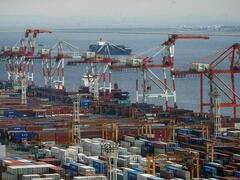


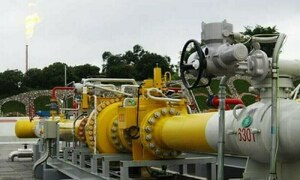

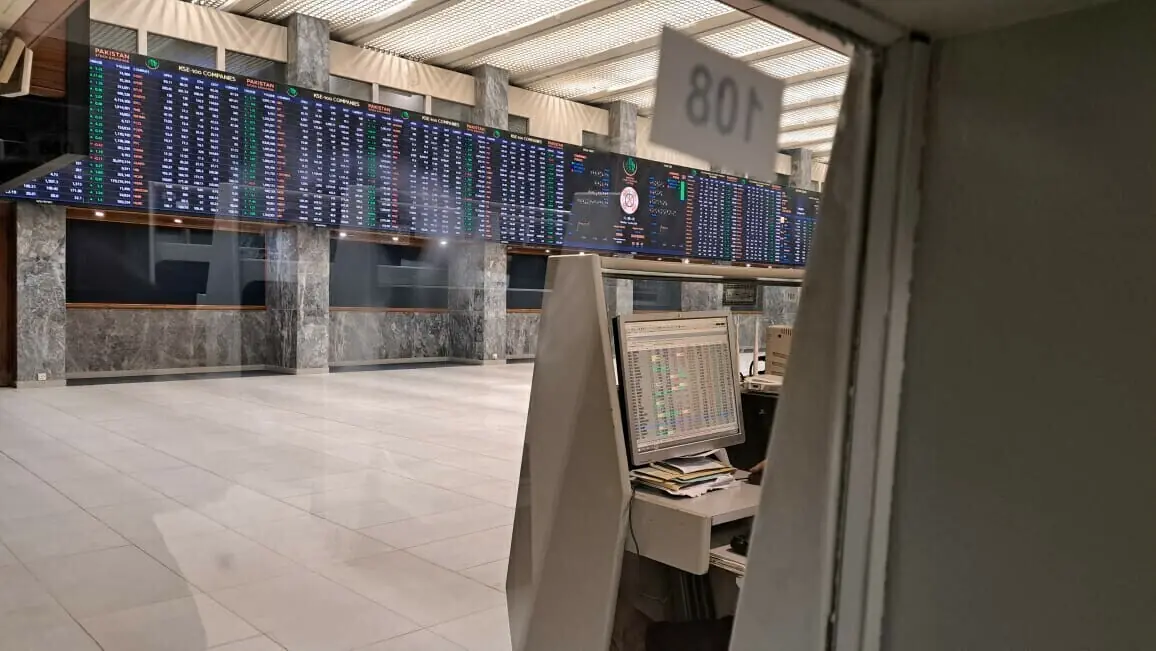





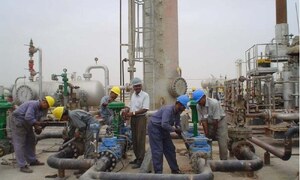
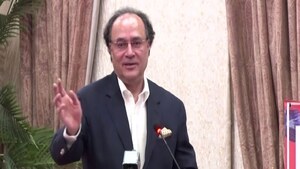
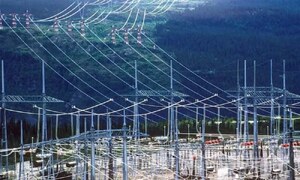

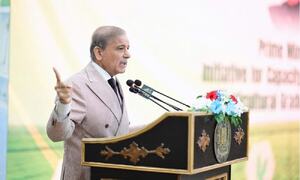

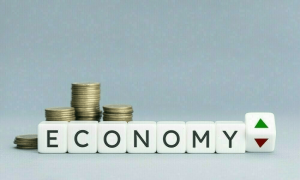
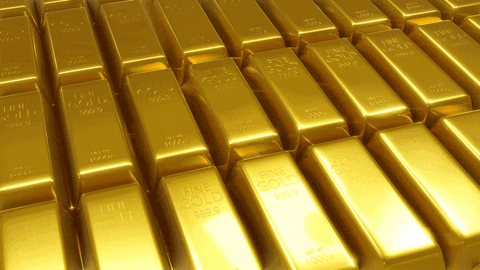
Comments
Comments are closed.